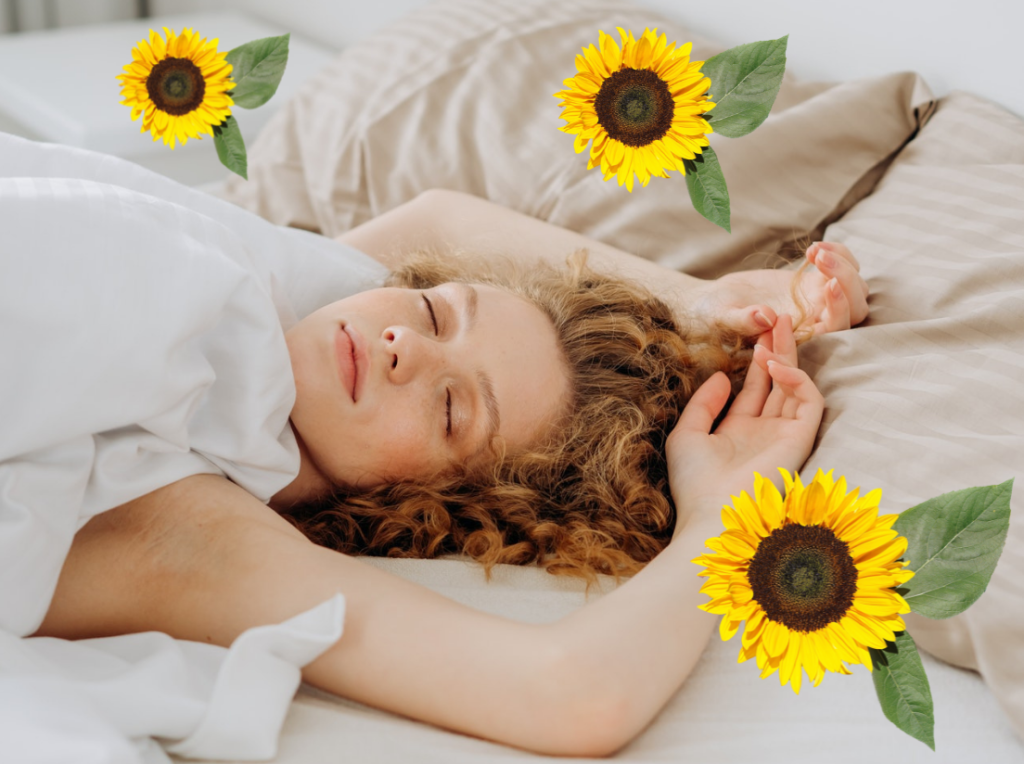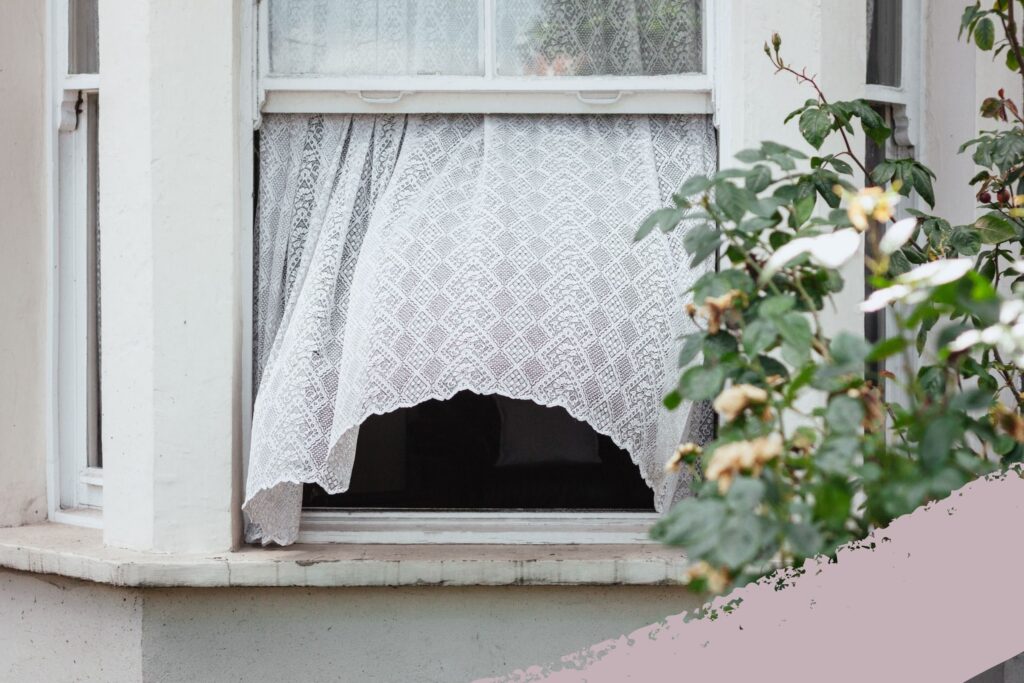Have your heard about the pollen bomb? If you’re a hay-fever sufferer like us, you’ve probably already been having a pretty tough time, unfortunately, things are about to get a lot worse. From itchy eyes and a runny nose, to sneezing, swollen eyes and headaches, hay fever is the worst.
While hay fever happens in summer, there are many allergies that a person can suffer from, all year round, including pet fur to dust mites. One of the most disruptive consequences of allergies is their effect on sleep. Allergies can lead to insomnia, difficulty falling or staying asleep, increased snoring, and overall poor sleep quality. This lack of restful sleep can exacerbate daytime fatigue, reduce productivity, and negatively affect overall health and well-being. For those who struggle to get a good night’s rest during allergy season or suffer from household allergies year-round, finding effective ways to manage symptoms is crucial.
If you are struggling to get a good night’s rest during allergy season, or if you suffer from household allergies all year-round, Silentnight has shared its expert advice on how to combat your allergy symptoms.
Consider Your Sleeping Position
Sally Bonser, spokesperson for Silentnight, said: “Allergies can impact our daily lives, however one of the worst side effects is disturbed sleep. Sleeping in an upright position can help to alleviate some of the uncomfortable symptoms you may be experiencing such as sinus pain or congestion. By stacking pillows and sleeping against them in a vertical position, gravity will act in your favour and can prevent mucus build up and feelings of discomfort.
Read: 8 IDEAL tips for dealing with hayfever and dust allergies at home

Update Your Bedding
Sally adds: “Pillows can often be a magnet for dust mites and bacteria that we can’t see, and so we don’t always realise they might be causing sleep disturbance. As a result of this invisible build up, we recommend changing pillows every two years to maintain good sleep hygiene and prevent allergies being intensified during the warmer months.
“If your bedding is still in good shape but you need a bit of extra support when hay fever season is at its strongest, consider specific anti-allergy bedding. The Silentnight anti-allergy pillows are filled with anti-allergy hollowfibre that actively protect your pillows from bacteria and dust mites to help prevent allergies. The anti-allergy fibres are approved by the British Allergy Foundation, which means they have the ultimate seal of approval. The pillows are also machine washable at 40°C which means you can keep them fresh and clean for longer.”

Close Windows
Sally continues: “Pollen allergies can wreak havoc at night as many people choose to sleep with their windows open during the warmer spring and summer months. Although you may believe that you are helping to create airflow in the room, this actually allows pollen and hay fever aggravating particles to enter the room.“Sleep with windows and doors closed to prevent fresh pollen from getting into your system. A de-humidifier can help to create a fresher air environment, or if the warmth of the room is an issue, consider cooling bedding for a refreshing night’s sleep.
Some Extra Tips
Control Indoor Humidity
- Use a Dehumidifier: Keep the humidity level in your bedroom between 30-50% to reduce mold and dust mites.
- Ventilation: Ensure proper ventilation in your home, especially in the bathroom and kitchen, to prevent mold growth.
Air Purification
- HEPA Filters: Use an air purifier with a HEPA filter in your bedroom to capture airborne allergens.
- Change HVAC Filters: Regularly change the filters in your heating and cooling systems to reduce allergens.
Bathe Before Bed
- Shower at Night: Shower before bed to remove pollen and other allergens from your skin and hair.
Keep Pets Out of the Bedroom
- Pet-Free Zone: If you have pets, keep them out of your bedroom to reduce pet dander.
Medication and Treatment
- Antihistamines: Consider taking an antihistamine before bed, but consult with your doctor first.
- Nasal Sprays: Use saline nasal sprays or medicated nasal sprays to clear nasal passages.
Maintain a Clean Sleeping Environment
- No Carpets: If possible, avoid carpets in the bedroom as they can harbor allergens.
- Curtains and Blinds: Use washable curtains or blinds and clean them regularly.
Avoid Allergens Before Bed
- Change Clothes: Change your clothes after being outside to avoid bringing allergens into your bedroom.
Diet and Hydration
- Stay Hydrated: Drink plenty of water throughout the day to keep your nasal passages moist.
- Avoid Alcohol and Caffeine: These can disrupt sleep and worsen allergy symptoms.
Consult a Specialist
- Allergy Testing: See an allergist for testing and personalized treatment options.
- Immunotherapy: Consider allergy shots or sublingual tablets if recommended by your doctor.





